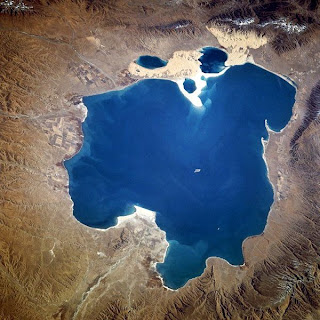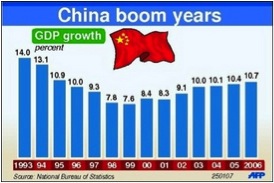The Last Days of Old Beijing: Chapters 1-7
Chapter#1
The
old woman who lived in the hutong for nearly 80 years talks about how she does
not want to leave and how she has no interest in the compensation they are
offering or the high-rise apartments that suggest that you move into.
The
author speaks about how he had a refrigerator but it would overload the
circuits of the hutong so now he uses it to store his clothing.
He
then goes on to describe the area he is living in and how it is made up of
narrow ally ways and compact one story hutong courtyards; this is the type of
are that he would consider old Beijing.
Chapter#2
There
is a quote on page 11; actually it is the entire second paragraph, which is why
I’m not typing it but it explains his vantage point on the growth of cities and
his background on the topic.
He
writes about how he was a volunteer in China for a decade, and how during that
time he taught at a school in the country.
He
writes about his time as a volunteer and how he only made $100 a month and how
far that money could go. He said that there was not much to spend money on
except food and beer, and that life there was different; he mentions that he
stopped wearing a watch and counted time by the school year and season.
Chapter#3
In
this chapter he writes about our ideas of what the educational system and
classes in a Chinese schools look like. He comments that while there are very
strict and rigid schools the children in his English class where much like
American students talking to each other and shouting out the wrong answer from
time to time.
I
thought it was interesting that they kept statistics about the children’s high
weight and oral health as well as other things, and at one point he mentions
that the children who are overweight almost always have a better English grade.
I
did not like the fact that there were students assigned to tell on other
students for misbehaving or not doing homework as well as other things.
Chapter#4
In
this chapter he gets into detail about how the government and developers are
knocking down and developing hutongs and the inadequate compensation that they
offer residents.
He
also speaks to officer Lui, and translates a holiday card from Chinese to
English for him and the others officers.
He
also writes about the Olympics and how the government is almost using it as an
excuse to tear down the hutongs even thought places were in place before they
bid for the right to host the Olympics.
Chapter#5
He
writes about the count down to the Olympics on the board of the classrooms and
mentions the inconsistencies of two of the classes.
He
talks about a couple that will not bring their son to live with them because
they do not have enough space even though they know that the schools in Beijing
are better.
I
enjoyed the part about the kids playing hockey right outside the Forbidden
City’s walls.
Chapter#6
It
was interesting that the remains of one of the oldest known human begins was
left in the possession of the United States, and on its way to the U.S it
disappeared and there are several different stories as to where they ended up.
On
page 79 there is another paragraph long quote that seemed to encompass just how
long Beijing has been around and in doing so it reminds us of the roots from
which it has risen to be the large and mighty city we see before us today. It
is the 4th paragraph.
The
dialogue between the two students at the very end of the chapter was also
entertaining and slightly witty on the girls part.
Chapter#7
The
section on news on the second page where he lists off a few of the reports he
has read was somewhat surprising and in some way not really all that shocking
or different from our news here in the U.S.
I
found it interesting that they had ads for not only missing pets but in once
case for a missing older woman with Alzheimers, which I found interesting
because that is more something that you would see on the news in the U.S.
When
he was done with the paper the old woman showed him how to make his windows
sparkle by using the paper to wipe them off.






.jpeg)










